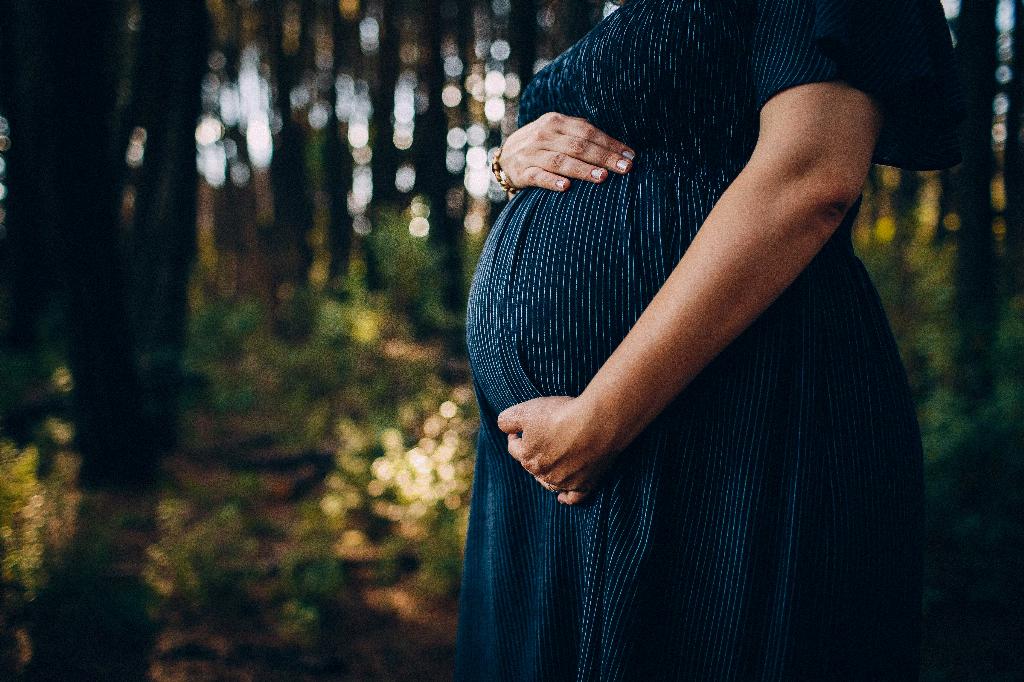By the time you reach the 30-week mark of your pregnancy journey, you may notice some significant changes in how your stomach feels. Your uterus, which has been steadily growing to accommodate your growing baby, is now in full swing with its practice contractions, also known as Braxton Hicks contractions. These contractions are a natural part of your body’s preparation for labor and birth. You might start feeling your belly tighten and then loosen, almost like a wave passing through your womb.
It is common to experience Braxton Hicks contractions more frequently at 30 weeks pregnant, especially after physical exertion or when you change positions suddenly. These practice contractions are usually irregular, mild, and don’t last very long. They are your uterus’s way of gearing up for the big day and are typically not a cause for concern. If you find them uncomfortable, try to relax, change positions, or rest to help alleviate the tightness in your belly.
At this stage of pregnancy, your stomach may also feel heavier and more cumbersome as your baby continues to grow and gain weight. The added pressure on your abdominal muscles and organs can result in feelings of fullness or increased discomfort, particularly after meals. You may notice that your stomach protrudes more prominently now, making everyday activities like bending over or getting up from a seated position a bit more challenging.
Some women may experience indigestion, heartburn, or acid reflux at 30 weeks pregnant, contributing to a sensation of discomfort in the stomach area. The hormonal changes and the pressure exerted by your expanding uterus on your digestive system can lead to digestive issues. Eating smaller, more frequent meals, avoiding spicy or greasy foods, and propping yourself up with extra pillows while sleeping can help alleviate these symptoms and make you feel more comfortable.
Due to the increased size of your uterus and the stretching of your skin to accommodate your growing baby, you may also experience itching and tightness in your belly area at 30 weeks pregnant. Your skin is undergoing significant changes as it expands to make room for your little one, which can sometimes lead to dryness, itchiness, and sensitivity. Using a gentle moisturizer or oil can help soothe your itchy skin and keep it hydrated.
Furthermore, as your baby continues to grow and move in the womb, you may feel a variety of sensations in your stomach at 30 weeks pregnant. From gentle kicks and flutters to more pronounced jabs and rolls, your little one’s movements can create a range of feelings in your abdomen. You might notice distinct patterns in your baby’s activity or feel movements in different areas of your belly as your baby explores their cramped quarters.
While feeling your baby’s movements is a reassuring sign of their well-being, it can also contribute to some discomfort or even pain in your stomach area. As your baby becomes more active and runs out of room to maneuver, their kicks and stretches might become more forceful or even painful at times. Taking a moment to rest, change positions, or gently massage your belly can help relieve any discomfort caused by your baby’s movements.
It’s important to pay attention to how your stomach feels at 30 weeks pregnant and communicate any concerns or unusual symptoms with your healthcare provider. While many of the changes and sensations you experience are a normal part of pregnancy, some issues may require medical attention. Your doctor or midwife can provide guidance, reassurance, and support as you navigate the final weeks of your pregnancy journey.
In conclusion, your stomach at 30 weeks pregnant may feel tighter, heavier, and more sensitive due to the growing uterus, practice contractions, digestive changes, skin stretching, and baby’s movements. These sensations are a natural part of the pregnancy process as your body prepares for childbirth. Remember to listen to your body, rest when needed, and seek medical advice if you have any concerns about how your stomach feels during this stage of pregnancy.

